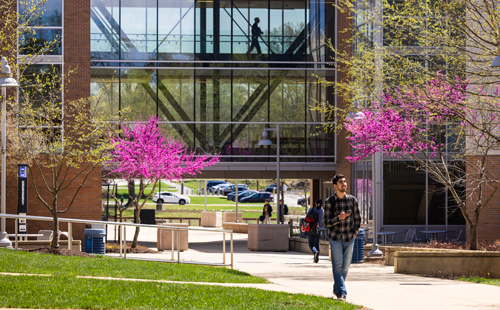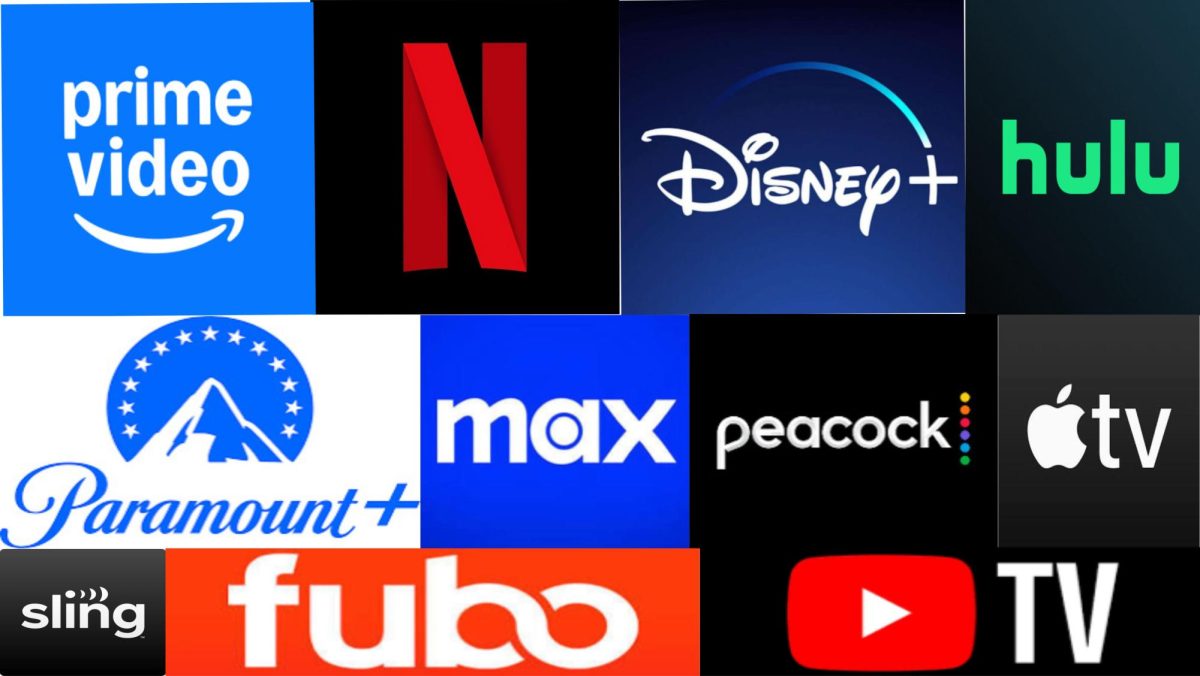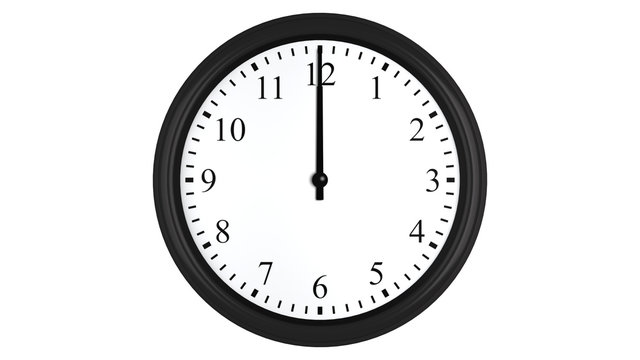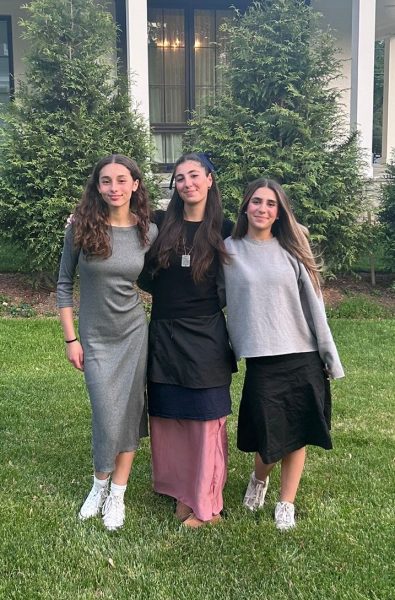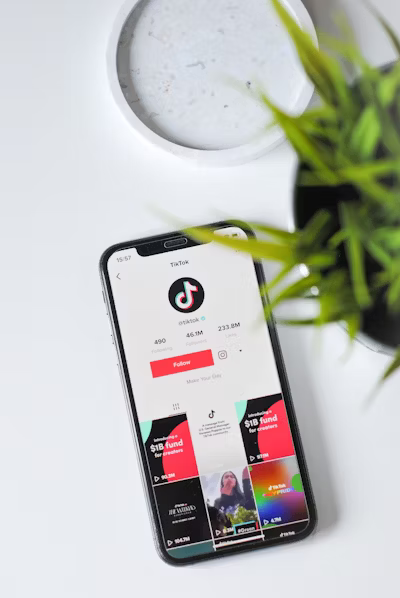
With the recent controversy surrounding TikTok’s official ban, many teens have been anxiously wondering how they will live without it. This is a question teenagers should not have to answer. TikTok is just a social media platform, and instead of focusing on banning the app, they should direct their attention on other issues that plague teens in the U.S.
TikTok is not just a platform for posting dancing videos or meaningless lip syncs, it also provides opportunities for users to share real-life struggles and helps them find a community to identify with. Many teens have been able to advocate for personal topics and share videos on dealing with depression, anxiety, body image or even more lighthearted topics like struggles with schoolwork. For every video posted, there is often a community of other users going through the same things, offering support to each other through positive comments.
Oftentimes, when teens find themselves struggling with issues, they find themselves unable to identify a person or place they feel comfortable with to get the support they need. TikTok easily bridges this gap by providing an open space for anyone who needs advice or just people to listen to them. Being able to post a short video or message, even without identifying one’s identity, opens a plethora of resources that can come in an instant, something revolutionary thanks to social media.
Businesses have also been able to promote themselves through social media, some creators are even able to kickstart their careers through it. One user, Jessie Whittington, took up soap making in 2020 and shared soap-making videos on TikTok. Just through sharing those videos, she was able to turn her soap-making into a whole business. People of all different ages, ranging from young children to grandparents, have been able to promote their clothing brands or new albums, shining a light on small businesses and creators.
Modern society has entered a new stage where people share much of their lives online with posts of pictures and videos. Gone are the days of writing books or blogs, as it is so easy to open a phone or tablet and share what you are doing in an instant with today’s social media. According to statista.com, 67.5 percent of the world’s population has internet access, while on the other hand, the National Education Association reported that only 48.5 percent of adults read a book in 2022.
Social media is accessed by a far greater number of people than books, and because it is so universal, anyone can access almost anything. TikTok provides an endless opportunity to share whatever one desires. One of the government’s main concerns about the platform is that China is using the app to steal information and data from the U.S., but there has been no concrete evidence to prove this.
Even if China’s government were taking information from users, many other apps collect information about their users, such as names, dates of birth, addresses, credit card numbers and other sensitive information. TikTok is not the only social media platform used by Americans, but it seems to be targeted because it is owned by China. Instagram, Twitter and YouTube are all owned by Americans even though they have similar content as TikTok, so why is there so much less concern being raised about those apps?
The impact of social media on teens’ health is overshadowing another health issue: physical health. It seems so simple, yet the government is focusing on memes and viral videos over smoking, vaping and gang violence that are killing teens every day in the U.S. Efforts should be put into regulating nicotine and alcohol products for the future of the younger generations, instead of regulating self-expression.
Additionally, allowing the government to ban an app or website gives them the power to regulate what we see and say online. Banning TikTok would take away one of modern societies’ freedoms of speech: the ability to post. Without a place to post, people can not share. Speech is protected in the First Amendment, but faces prosecution if what we see online and say online can be regulated.
The TikTok ban does nothing but remove a platform for people to connect, share and grow.
While new things can be scary, and on the human timeline scale, social media is so new, it is time to accept the new way of self-expression through online use.


